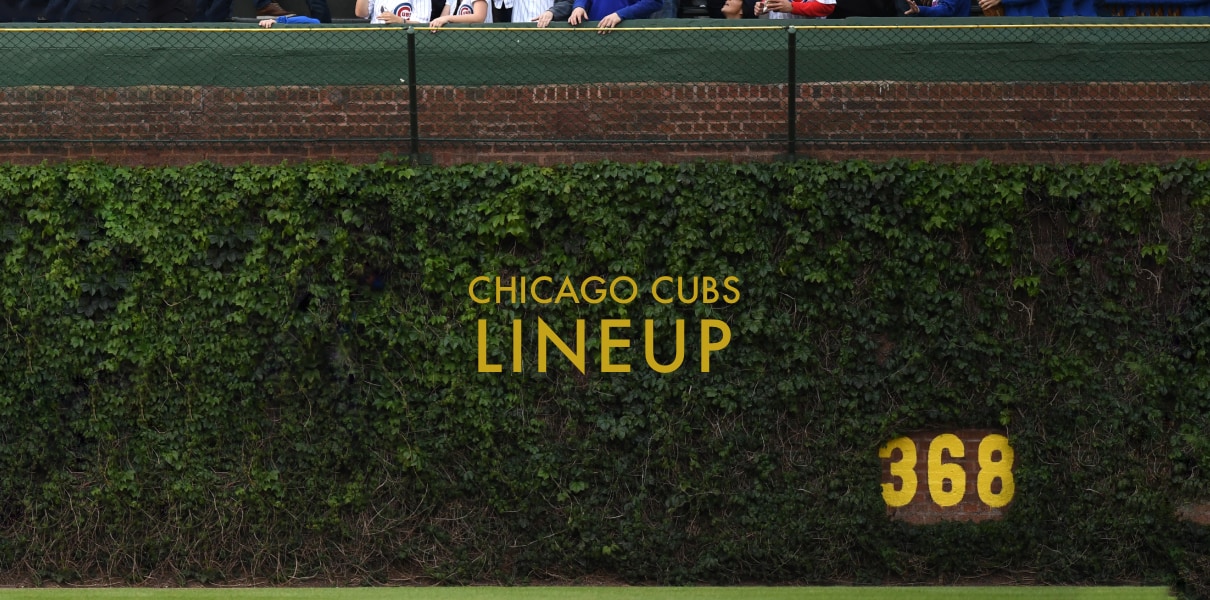Here’s a wild one from the world of junior college baseball …
Communications devices have found their way to the baseball diamond, aiding in pitch-calling between the pitcher and catcher, and generally improving efficiencies and reliability. The fact that we hardly ever mention them is a testament to how they seem to be working well.
But there are limits to what you can do with them. There are rules. You can’t, for example, give communication devices to batters and baserunners, as that could create an opportunity for cheating, with a direct and secret line of communication to the bench. Everyone knows that batters and baserunners can’t have those devices in their helmets.
That allegedly did not stop a coach from trying, in violation of NCAA rules:
Following a league review, Atlantic Cape Community College baseball coach Rodney Velardi was asked by his school to resign after 13 years leading that program, as reported by the Cherry Hill Courier-Post:
In the first game of the April 22 doubleheader, (opposing head coach Rob) Valli felt Atlantic Cape was making some aggressive swings on tough pitches and was getting excellent reads on the basepaths too.
He never would’ve thought about a communication device though until his first baseman, Felix Diaz, told him he could hear a voice coming out of a player’s helmet following the opening inning ….
That’s when Valli went to the umpire and asked him to check two Atlantic Cape helmets. There was one out in the bottom of the third inning.
“(He was) as surprised as I was,” Valli said of the umpire. “The reaction was I went out and said they have headsets in their helmets, and he seemed surprised. … He’s like how do you know? I explained our first baseman has been hearing this now and we just confirmed it the second time these guys got on base. In 30 years, I’ve never asked an umpire to check a helmet, but I’m out here now, and I’m telling you now you’re going to find ear pieces in these helmets, and he goes OK, let’s check.”
The umpire, as you can see in the video, did in deed find earpieces in both of the runners’ helmets. The earpieces were removed and play resumed – no ejections, I am guessing in part because everyone just had no idea what to do – and the investigation started thereafter. You can read more in the report.
Let it be a lesson, I suppose: don’t try to use those pitcher-catcher earpieces for anything else. Alternative lesson: if you ARE going to sneak earpieces into players’ helmets, maybe make sure the first baseman can’t hear them.

































